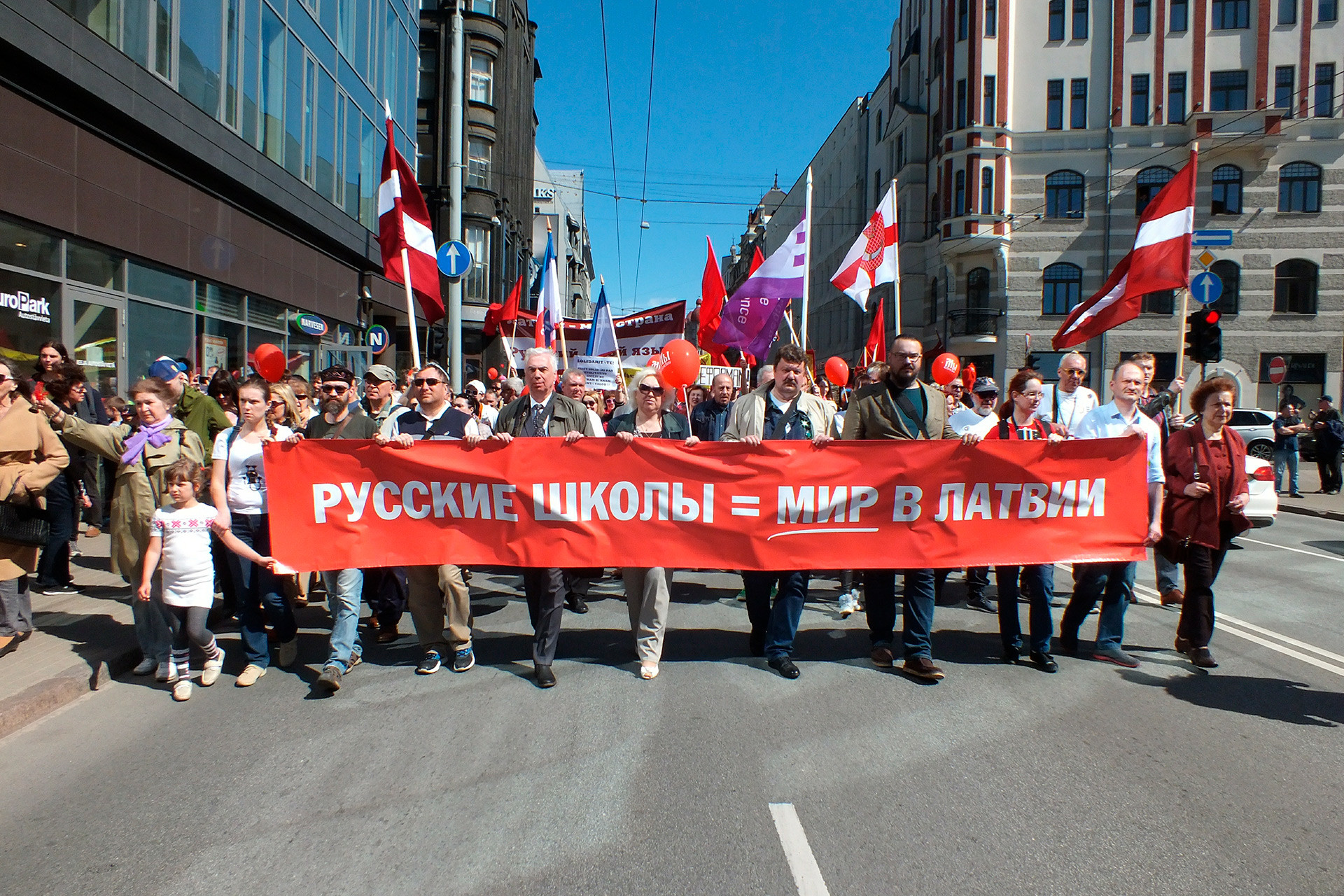How many people around the world speak Russian?

It's hard to give an exact number of those who speak any language, especially those who consider a certain language to be their second one. According to Web Technology Survey, in 2013, Russian was the Internet’s second most popular language after English, utilized by 5.9 percent of all users.
So, how many exactly?
Russian is native
And worldwide?
Russian is included in the list of global languages, which means that it’s widely spoken around the world. According to Ethnologue, around 265 million people speak Russian, and it is especially popular in 17 countries besides Russia. They are:
- Azerbaijan,
- Belarus,
- China,
- Estonia,
- Georgia,
- Israel,
- Kazakhstan,
- Kyrgystan,
- Latvia,
- Lithuania,
- Moldova,
- Mongolia,
- Poland,
- Tajikistan,
- Turkmenistan,
- Ukraine,
- Uzbekistan.
Some countries even recognize Russian as a second official state language, such as Belarus, as well as those states with limited recognition such as South Ossetia, Transnistria, the Donetsk People's Republic and the Lugansk People's Republic. This means that Russian is officially recognized and used in business, the state sector, media, education
Russian also has official status in Kazakhstan and Kyrgyzstan, but there are limits. In
Are most countries that speak Russian in the former Soviet republics?
In the USSR there was a policy of Russian hegemony, and after the collapse of the Soviet
Still, even in the Baltic countries and Ukraine, where the authorities legally restrict the use of Russian, there are still many Russian-speakers. According to the only Ukrainian census in 2001, 29.6 percent of the nation (14 million people) considers Russian as their native language. A Gallup Poll in 2008 showed that 83 percent of 1,000 respondents preferred to take the survey in Russian.
Attempts by Ukrainian authorities to restrict the usage of Russian and to increase the share of

Participants of the rally in Riga (May 1, 2018) oppose the full translation of school education into Latvian and the "optimization" of schools.
Victor Lisitsyn/Global Look PressAnd beyond the former Soviet Union?
Russian is also an official language for several major international organizations such as the CIS, United Nations (including IAEA, UNESCO, WHO and others), Shanghai Cooperation Organization, Antarctic Treaty Secretariat and many others.
By the way, in New York State all documents regarding elections in cities with a population of more than one million must be translated into Russian (as well as Spanish, Korean, Chinese and a few others).
According to the 2000 census about 706,000 Russian speakers resided in the U.S, and after the 2010
According to different sources, there are between 250,000 to 500,000 Soviet and Russian émigrés in Israel who speak Russian. Forbes calculated that in 2017 there were as many as 1.5 million Russian-speaking residents in Israel, whose total population is about 8.6 million. Russian is also widely spoken in Germany (as the Russian Ministry of Foreign Affairs reported in 2003), with around 6 million Russian speakers, half of who are Soviet-era émigrés.
If using any of Russia Beyond's content, partly or in full, always provide an active hyperlink to the original material.
Subscribe
to our newsletter!
Get the week's best stories straight to your inbox